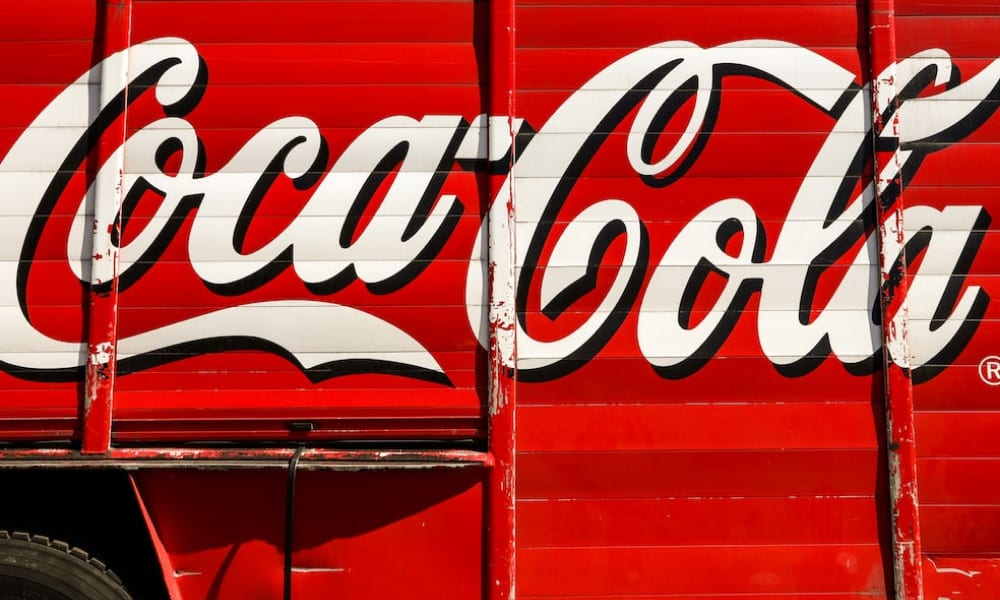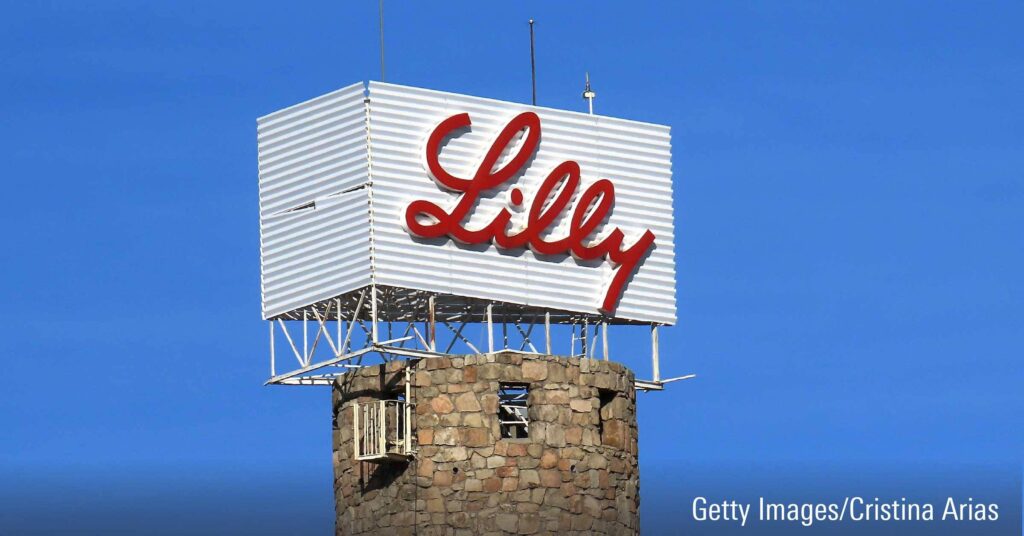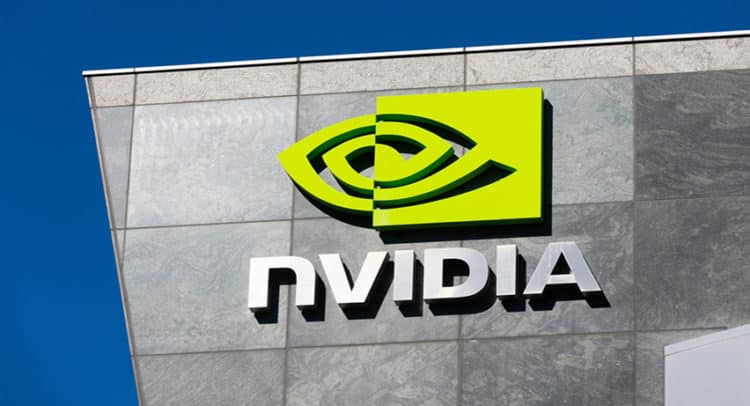Company Overview
Coca-Cola is a worldwide leader in the beverage industry, renowned for its iconic products and expansive reach. As a corporation, it specializes in the production, distribution, and marketing of non-alcoholic beverage concentrates and syrups.
Core Operations: What Does the Company Do?
At its core, Coca-Cola focuses on the manufacturing and sale of beverage concentrates and syrups. These products are supplied to bottlers worldwide, who are responsible for the production, packaging, and distribution of the final drinks. The company’s extensive portfolio includes sparkling soft drinks, water, juices, and ready-to-drink teas and coffees, with the flagship beverage being the well-known Coca-Cola soda.
Business Model: How Does the Company Generate Revenue?
The primary revenue stream for Coca-Cola is derived from the sale of concentrates and syrups to bottlers. This is complemented by direct sales of finished products through vending, retail, and foodservice channels. The company also benefits from its licensing agreements, where partners produce and sell products using Coca-Cola’s proprietary brands and formulas.
Market Position: Is the Company an Industry Leader?
Coca-Cola holds a dominant position in the global beverage sector, consistently recognized as one of the top in its industry. With an extensive distribution network and strong brand recognition, it continues to maintain a competitive edge. Its ability to innovate and adapt to consumer preferences has bolstered its status as an industry leader.
Competitive Landscape
Who are its competitors?
- PepsiCo: A primary competitor, PepsiCo offers a similar range of beverages and snacks, representing significant competition in both market share and consumer loyalty.
- Dr Pepper Snapple Group: This company provides a range of soft drinks, juices, and mixers, competing directly with some of Coca-Cola’s product lines.
- Nestlé and Danone: Both companies compete in segments like bottled water and tea, reflecting the broader competitive landscape Coca-Cola experiences globally.
Coca Cola Stock price
The financial performance of Coca-Cola shares is a point of interest for many investors. Understanding historical trends and potential predictions can be valuable for those looking to invest in Coca-Cola.
Historical Performance of Coca Cola Stock chart
Coca-Cola stock has demonstrated a stable trajectory, reflecting the company’s resilience and capacity to withstand market fluctuations. Historically, KO stock has provided consistent returns to investors due to its strong business fundamentals and efficient operational strategies.
Coca Cola Stock prediction
Analysts maintain a positive outlook on Coca-Cola shares, largely due to the company’s solid market position, diversified product offerings, and ongoing innovation. Future predictions suggest moderate growth, supported by strategic initiatives and potential market expansions.
For those considering whether to buy Coca-Cola stock, it’s essential to evaluate factors like historical performance, competitive influences, and broader market trends. By doing so, potential investors can make informed decisions about their investments in Coca-Cola, aligning with their financial goals and risk tolerance.
Explore Coca Cola Stock insights. Start investing today and capitalize on the stock market’s potential.
Financial Health Overview
Analyzing the financial health of a company is crucial for investors to make informed decisions. For those interested in investing, understanding the various elements such as revenue, profit, cash flow, and financial ratios can provide a clear picture of a company’s stability and growth potential.
Revenue, Profit, and Cash Flow: Are Trends Favorable?
Revenue from beverage sales is a key indicator of the company’s financial health. Over recent years, Coca Cola has consistently reported solid revenue figures, reflecting its ability to maintain strong sales in a competitive market. Profit margins have been on an upward trajectory, showcasing the company’s effective cost management strategies.
Cash flow is another vital element, and for Coca Cola, the trends are decidedly favorable. The company generates positive cash flow, indicating its ability to fund operations, pay dividends, and handle debts without financial strain.
Debt-to-Equity: How Leveraged Is the Company?
The debt-to-equity ratio provides insight into how Coca Cola is financing its operations and growth through borrowed funds versus shareholders’ equity. Historically, the company maintains a balanced approach, with a moderate debt-to-equity ratio suggesting prudent financial management. This strategy enables sustained growth while minimizing risk exposure.
Key Financial Metrics: What Do the Ratios Reveal?
Several financial metrics provide a deeper understanding of the company’s economic standing:
- Return on Equity (ROE): Indicates how effectively management is using equity to generate profit. Coca Cola’s ROE remains healthy compared to industry averages.
- Current Ratio: This measures the company’s ability to cover its short-term obligations. Coca Cola consistently demonstrates robust liquidity, reflecting strong financial resilience.
Profitability: Is the Company Consistently Profitable?
Profitability is a critical factor, and Coca Cola has consistently managed to post strong earnings, underscoring its dominance in the beverage industry. The company’s ability to sustain and improve profitability enhances investor confidence and supports the potential for consistent dividend payouts.
Coca Cola Stock Earnings
Which stock index is Coca Cola listed on?
Coca Cola is prominently listed on the New York Stock Exchange (NYSE), which is one of the leading indices globally. The company’s inclusion in the NYSE reinforces its status as a blue-chip stock, attracting both individual and institutional investors.
Recent earnings reports highlight the firm’s ability to navigate economic challenges while capitalizing on growth opportunities. Analysts often study these earnings to update and influence the Coca Cola stock forecast, providing insights into future valuations.
Comparison with Similar Stocks
To gauge the Coca Cola stock performance, it is important to analyze it alongside key competitors such as PepsiCo, Dr. Pepper Snapple Group, and Nestlé. These companies also operate within the beverage sector and provide an ideal benchmark for relative valuation and market position.
- PepsiCo: As one of Coca Cola’s most formidable rivals, PepsiCo offers a diversified portfolio. The ongoing rivalry between these giants is central to the beverage industry.
- Dr. Pepper Snapple Group: With a focus on innovation and diversified offerings, this competitor provides a unique contrast, particularly in niche market segments.
- Nestlé: While not solely a beverage company, Nestlé’s investment in water and related products means it occupies a distinct market position and offers lessons in diversification strategies.
Understanding these dynamics is essential for comprehensive Coca Cola stock analysis, assisting investors in making well-rounded decisions.
5 featured stocks index in 2025
Growth Potential Analysis
The potential for growth is a critical consideration for anyone looking to purchase Coca Cola stock. Let’s delve into the essential aspects of its growth potential.
Historical Growth: How Strong Are Revenue and Earnings Trends?
Coca Cola has consistently demonstrated robust financial performance over the decades. The company’s earnings trends and revenue growth have largely benefited from its extensive global market reach and powerful brand identity.
- Revenue Growth: Over the last five years, Coca Cola’s revenue growth has shown resilience, leveraging both its traditional beverages and diversified product offerings.
- Earnings Trends: Earnings per share (EPS) have displayed steady growth, reflecting the company’s effective cost management and strategic expansions.
Future Opportunities: What Are the Key Growth Drivers?
Looking ahead, Coca Cola’s growth will likely be driven by several key factors:
- Emerging Markets: The company is focusing on expanding its footprint in developing regions with increasing consumer demand.
- Sustainability Initiatives: Consumer preference for sustainable products could positively impact sales of newly created environmentally friendly options.
Innovation Pipeline: Is the Company Positioned for the Future?
Coca Cola’s commitment to innovation is pivotal for securing its future. The company is actively enhancing its product line to meet changing consumer preferences.
- Beverage Diversification: The introduction of healthier options and non-carbonated beverages showcases their adaptability.
- Technology Integration: Leveraging technology to enhance customer engagement and operational efficiency is also a focus.
Scalability: Can the Business Sustain Long-Term Expansion?
The scalability of Coca Cola’s business model is underpinned by its extensive global supply chain and robust distribution networks.
- Distribution Efficiency: Continuous improvement of logistics and distribution capabilities provides a substantial advantage.
- Brand Loyalty: The strong brand loyalty among consumers positions Coca Cola favorably for long-term stability.
Coca Cola Stock buy or sell
Deciding whether to buy or sell shares depends on a multitude of factors including the current Coca Cola stock value and market conditions. Investors must weigh short-term volatility against the company’s long-term prospects.
Market Trends and Industry Insights
Key Industry Trends: What Factors Are Shaping the Market?
The beverage industry is undergoing significant transformations. Notable trends include:
- Health and Wellness Focus: Rising demand for healthier options is reshaping product offerings.
- Technological Advances: Innovations in product packaging and supply chain management are crucial for competitive advantages.
Industry Growth: Is the Sector Expanding, Stable, or Declining?
The beverage sector is characterized by both stability and potential for expansion. Factors contributing to sector health include:
- Globalization: Expansion into emerging markets presents growth opportunities.
- Consolidation: Mergers and acquisitions could further enhance market position and reach.
Stock Performance: How Does It Compare to the Market and Sector?
Coca Cola stock market performance reflects both internal strengths and broader market trends. It has traditionally been a solid performer within its sector.
- Market Comparison: Historically outperforms the market in stability and dividend payouts.
- Sector Analysis: Fares well against peers due to its vast scale and international presence.
Coca Cola Stock forecast
In projecting Coca Cola stock trends, analysts consider several factors:
- Economic Conditions: Global economic recovery can favorably impact sales growth.
- Consumer Trends: Adapting to shifts toward healthier lifestyles is vital for future share value appreciation.






























